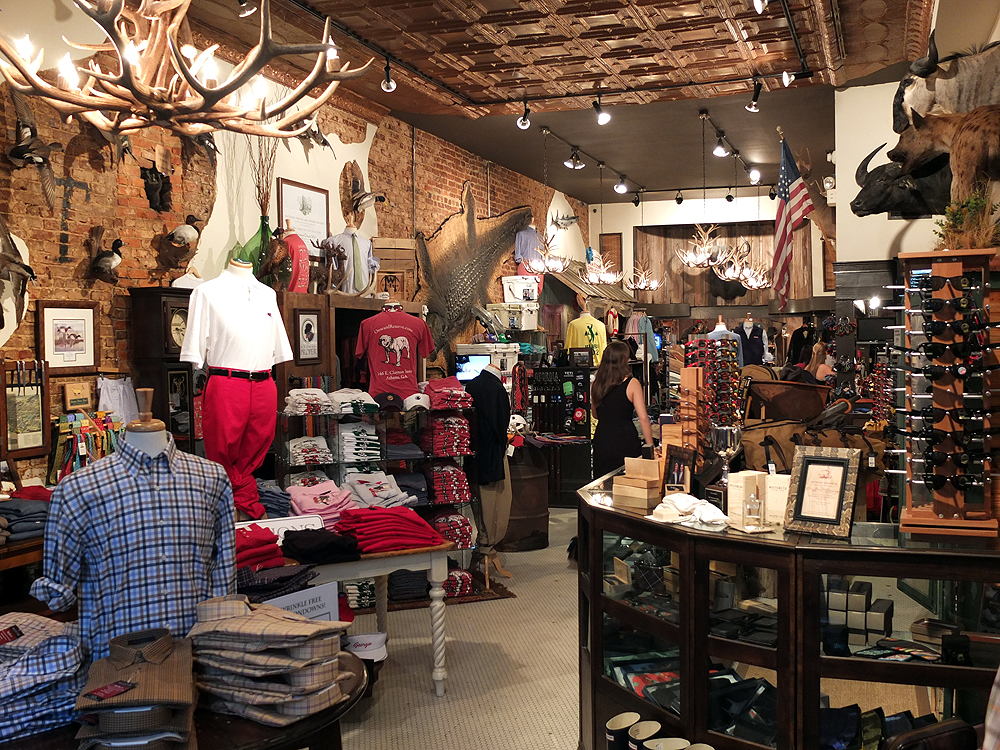AN INTRODUCTION TO POUNDS COFFEE
We think of gourmet coffee as something served by a barista, handed over a sleek wooden countertop, perhaps topped with artfully swirled foam. But can the same exceptional taste be experienced at home? Andrew Gross says yes.
“It was a beautiful day…we were just sipping on the coffee, watching golf or something.” For Gross, 29, of Monroe, Georgia, the mention of his first tasting of Pounds Coffee is accompanied by a fond memory of an afternoon in the fall of 2015.
Gross was one of the first people to taste Pounds just a few months after Chris Barr, 31, originally of Jacksonville, Florida, sold his first bag of micro-roasted coffee on April 11, 2015.
Pounds Coffee is a coffee roasting company based in Watkinsville, Georgia, that specializes in single-origin coffee roasting, packaging, and shipping across the United States. Subscribers receive freshly roasted coffee in their mailbox to brew at home as best fits their lifestyle and coffee drinking habits. In other words – all the coffee shop flavor without having to stand in line working for the barista or hunting for a table amid all the other people hunched over their lattes and laptops.
Although only technically operating for two years, Barr, Pounds’ founder, said, “Since 2008 or 2009 I’ve kind of always been dreaming of Pounds. I didn’t know what Pounds was. I didn’t have a name for it. I didn’t entirely know the business plan or model or anything like that, but I knew that I wanted a coffee company. I knew that I wanted it to be mine in some way.”
The company’s personal touch is found within the sweet citrus flavors of the light-bodied Ethiopia blend and the lemon-lime nuttiness of the Guatemala. Beyond specific flavor notes in coffee, Barr’s personal touch is his message of intentionality.
Intentionality, as Pounds promotes, refers to spending time in the morning slowing down for a few moments of still, silent reflection among the busyness of everyday life. A goal that can only really be achieved in a home environment – silence is simply impossible sitting between keyboards clicking, friends talking and commotion of customer traffic through the shop.
Subscribers who have formed relationships with Barr through Pounds understand the message. Gross, who has been a Pounds subscriber since that fall day in 2015, said, “with Pounds Coffee you have to be intentional. And that’s something we don’t really see a lot of – intentionality.”
Beyond encouraging silence and stillness associated with the brewed cup of coffee, the brewing process itself requires intentionality. Brewed as intended as a pour over, the process demands full attention and five to eight minutes.
CAN’T I JUST GET THAT FROM A COFFEE SHOP?
The message behind the bean differentiates Pounds from other coffee companies, who are focused on supporting the on-the-go fast-paced lifestyle, which Americans have come to normalize. Instead, Pounds encourages slowing our daily pace and spending time creating community in our own homes. This slowing down message is not the only difference from typical coffee in the eighth-story break room of every office.
Pounds’ coffee beans are considered “single origin,” according to Pounds’ website. This means that they all derive from the same field and harvest. Essentially, every bean of the origin looks and tastes the same.
Large, massively produced coffees come from eight or nine different harvests to keep consistent flavors from harvest to harvest. This way, if two of the beans must be sourced from a different crop due to drought, pests or other issues, the taste is not suddenly unrecognizable.
For companies who function on consistency, using many crops is effective, but as gourmet coffees rise in popularity, single origin coffees are consumed more often in the home.
According to the National Coffee Association, 62 percent of Americans today drink coffee daily, a change from 57 percent in 2016. The most shocking statistic from the survey relates to the daily consumption of gourmet coffee among 25-39-year-olds. Of this age demographic, 50 percent claim to drink at least one gourmet coffee beverage each day.
Most of these gourmet coffees are made by baristas where pricing starts at about $2. According to fastfoodmenyprices.com, the smallest cup of regular coffee costs $1.85. Pounds, however, offers the same gourmet taste for roughly $0.44 per cup.
The Guatemala blend currently costs $15.49 per pound. The Ethiopia blend is just $1 more at $16.49. Both are available for purchase in 12 ounce and 16 ounce sizes.
Compared to standard Starbucks tall coffees, a bag of Pounds coffee produces 28 more cups of coffee for the same price.
ECONOMIC TRENDS IN COFFEE
The increase in coffee consumption is good news for Pounds, but unfortunately also leads toward increases in competition.
From 2012-2017, the number of coffee shops increased 4.1 percent according to IBISWorld. The retail market for coffee rose 3.6 percent annually from 2011-2016 according to a different report from IBISWorld.
This 3.6 percent retail market rise includes the foundation and growth of Pounds Coffee along with many others.
Economic trends should not just be considered by business owners hoping to grow or distinguish themselves from others. Trends in consumer spending affect the way a cup of joe is marketed, advertised and developed.
Consumers should consider these factors when interacting with companies they are loyal to, especially considerate of the effects of local economy shifts.
Pounds’ market, however, while influenced by Athenian consumers, reaches beyond geographical barriers. Pounds has the advantage of engaging with subscribers nationwide via mail and social media.
RELATIONSHIPS BUILT WITH YOUR BREW
The growing importance of social media is especially prevalent for smaller businesses to build relationships and increase commerce. Social media serves as the barrier between business deals and the personal relationships surrounding them.
The micro-roasting method that Pounds uses generates the same personal intimacy that social media offers.
The physical process of micro-roasting is not much different from roasting hundreds of pounds of coffee at one time. The difference is the repeated theme of intentionality.
Every batch Barr roasts of Pounds Coffee can be specifically linked to a customer; “I know the name of the person who I’m going to be bagging it for…someone that I have had the opportunity to grow in relationship.”
These relationships, based on an online subscription to coffee delivered by mail, are just one aspect of the community that coffee creates throughout the United States and internationally.
Psychologists Lawrence E. Williams and John A. Bargh of University of Colorado at Boulder and Yale University, prospectively, conducted an experiment in October 2008 to find the relationship of physical warmness and feelings of interpersonal warmth.
Interpersonal “warmness,” is defined by the study as the “perceived favorability of the other person’s intentions toward us, including friendliness, helpfulness, and trustworthiness.”
Participants were primed with either hot or iced coffee when asked to hold the cup on an elevator ride with a research assistant before completing a survey about 10 personality traits of a randomly described person.
The only differentiation was the physical temperature of the coffee, but it led to significant differences in responses about the interpersonal judgments toward the target person’s emotional warmness.
This research translates to proof that sitting down sharing a cup of coffee with someone speeds up feelings of truth and likability between one another. This acceleration, plus being in a home environment means that inviting someone over to your house for coffee is one of the best ways to build a positive relationship quickly.
So why, if coffee helps build friendships, did Krystal D’Costa’s article from Scientific American in August 2011 present evidence that “the number who are [at coffee houses] solely for social purposes seems very small?”
Just because the physical warmth of coffee promotes relationship building doesn’t mean it is utilized that way.
THE EVER-EVOLVING DRINK
Coffee has evolved from consumption of bland flavors only for caffeine’s sake to a part of daily adult life. As it moves toward a social staple with options for everyone, coffee is still often utilized for the boost of energy that it can offer.
Consumed in-home, Pounds and other subscription-based coffees can serve as either part of the morning routine or something to gather around with friends and family. Either way, making and drinking coffee provides grounds for community to be built.
Even if a morning cup of coffee is consumed alone, “it feels more personal” in someone’s home rather than in a coffee shop, according to Pounds drinker Amanda Weaver, 19, of Oxford, Georgia. Weaver said that as a rule of thumb, “homemade things are usually best.”
Even with 62 percent of Americans enjoying coffee daily, as cited by the National Coffee Association, not everyone is convinced that coffee is the necessity that people make it out to be.
When non-coffee drinker Anna Katherine Wilson, 19, of Dacula, Georgia, tried a freshly roasted cup of Pounds’ Ethiopia roast without cream or sugar her only compliment was “it’s not as strong as my dad’s coffee.” Wilson still described coffee overall as “disgusting.”
The highest recommendations of others, economic trends suggesting continued growth and science to backing positive interpersonal effects couldn’t convert everyone into a coffee connoisseur.
All people can, however, choose to incorporate the message of intentionality that Pounds delivers with each bag of coffee purchased. Owner Chris Barr said it best: “If you’re taking intentional time to drink a cup of coffee, you’re doing something a lot bigger with those moments than just drinking coffee.”
Additional elements and a PDF version of my story can be found here.



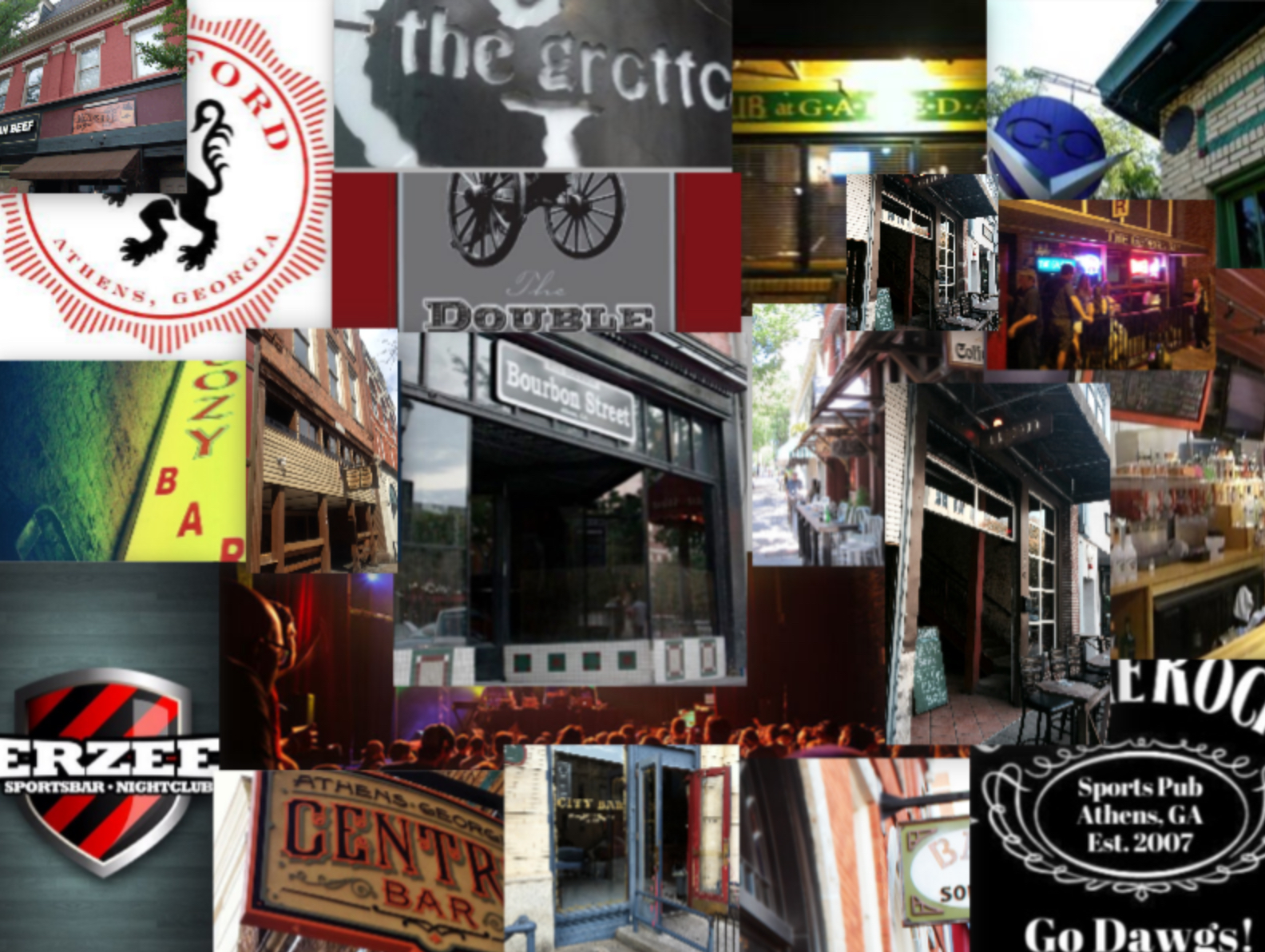
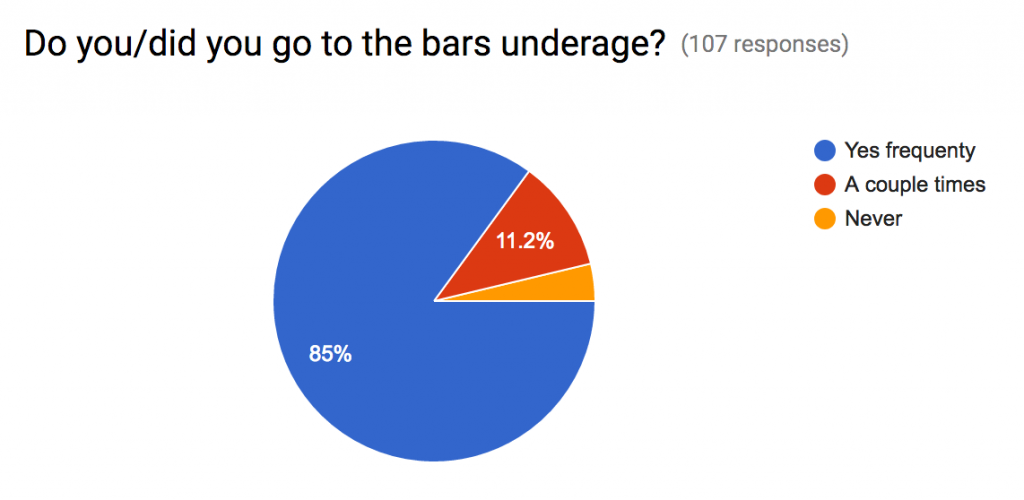
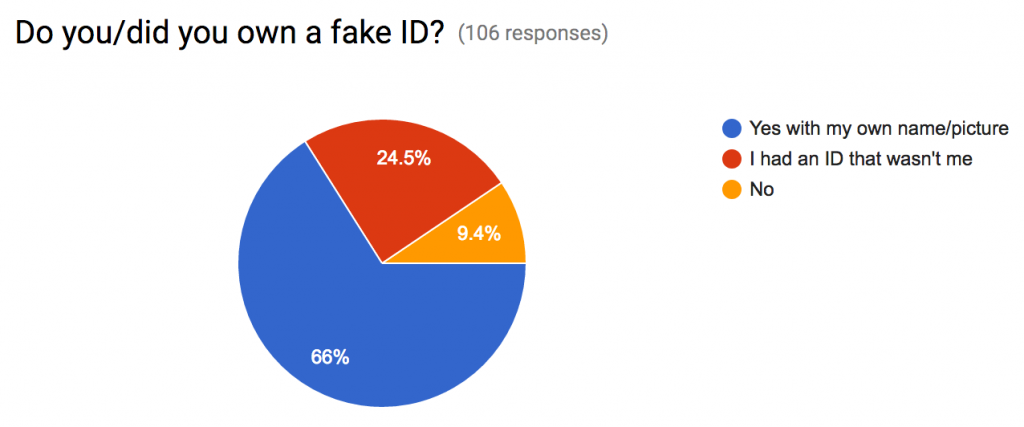

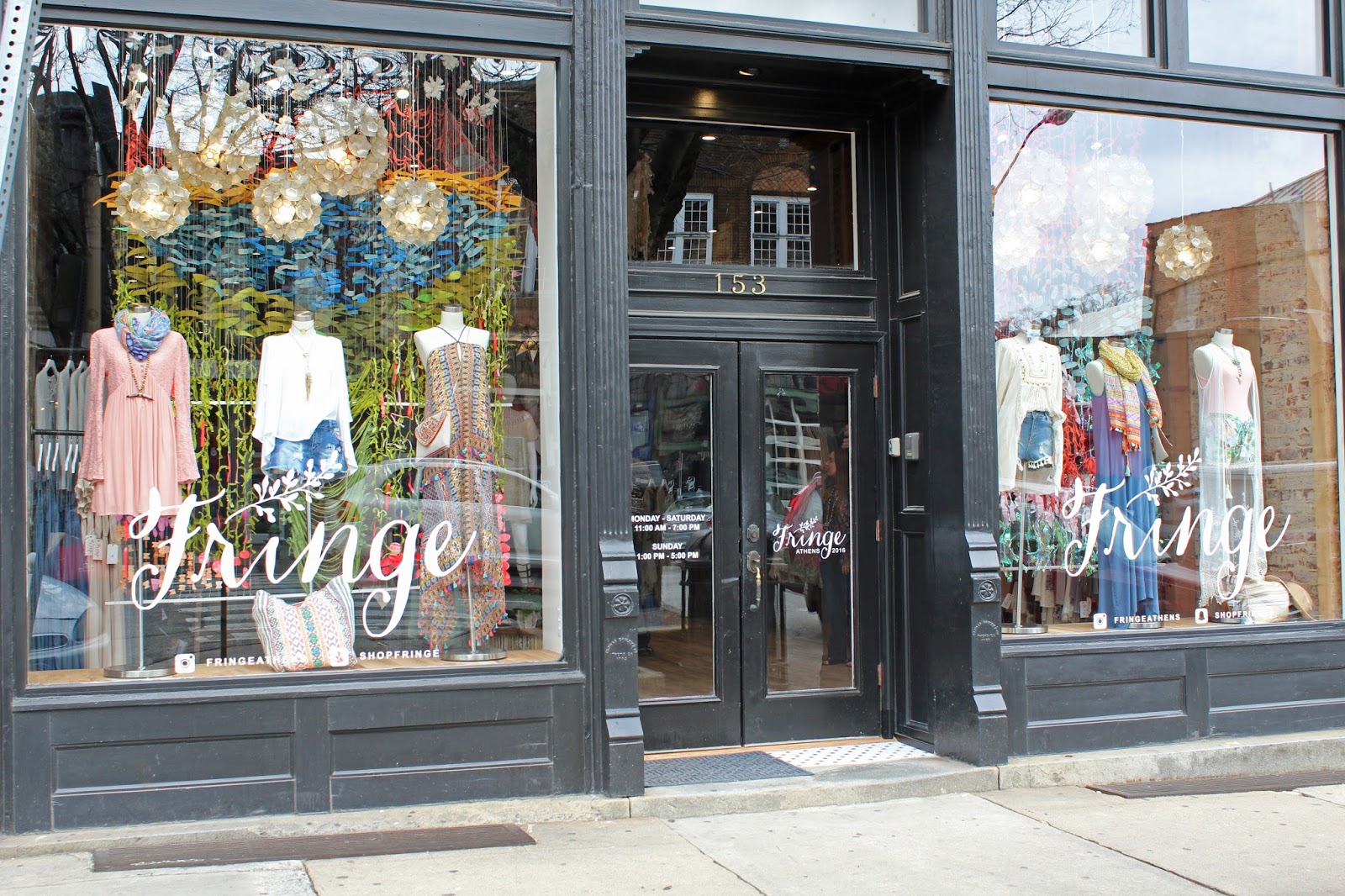
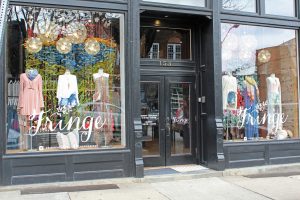 153 East Clayton Street, and is moderately new, having opened in May 2016. It is co-owned by another local boutique in Athens,
153 East Clayton Street, and is moderately new, having opened in May 2016. It is co-owned by another local boutique in Athens,  service in boutiques can be crucial when it comes to keeping loyal customers, but it can also be a breaking point for those who won’t return. Fortunately for Cheeky Peach Boutique, there is a loyal customer who completely loves the atmosphere and help they provide each time she visits. Ivey Thompson is a third year student and is affiliated with the Alpha Omicron Pi sorority. When inquired about her experiences there she said, “They are super helpful, but not overly annoying helpful where they push you to buy things.” Thompson enjoys Cheeky Peach and has been since her freshman year of college. She loves how they aren’t too aggressive, and are just right when it comes to pairing outfits. “They drew me in through promos during rush my freshman year,” Thompson said when asked how she heard of the store.
service in boutiques can be crucial when it comes to keeping loyal customers, but it can also be a breaking point for those who won’t return. Fortunately for Cheeky Peach Boutique, there is a loyal customer who completely loves the atmosphere and help they provide each time she visits. Ivey Thompson is a third year student and is affiliated with the Alpha Omicron Pi sorority. When inquired about her experiences there she said, “They are super helpful, but not overly annoying helpful where they push you to buy things.” Thompson enjoys Cheeky Peach and has been since her freshman year of college. She loves how they aren’t too aggressive, and are just right when it comes to pairing outfits. “They drew me in through promos during rush my freshman year,” Thompson said when asked how she heard of the store.




